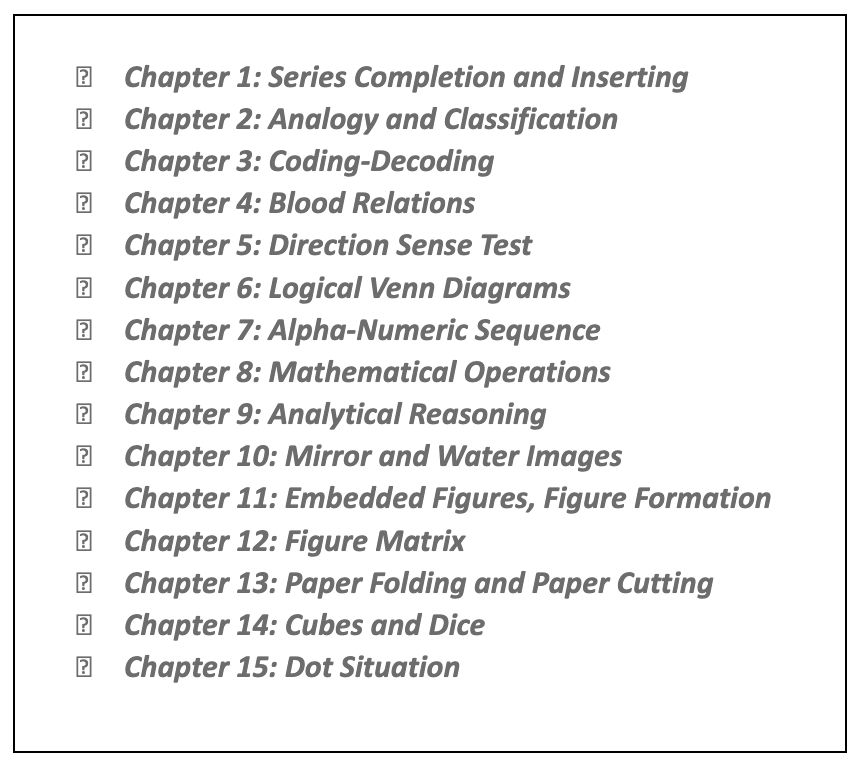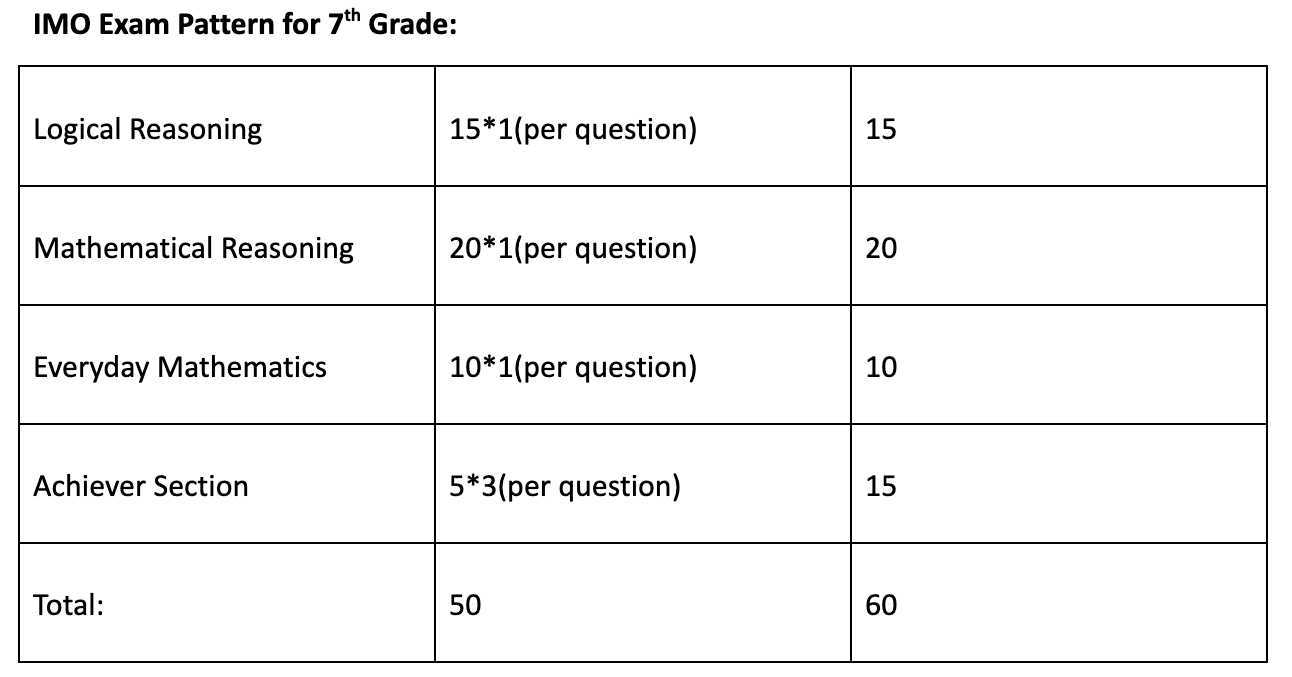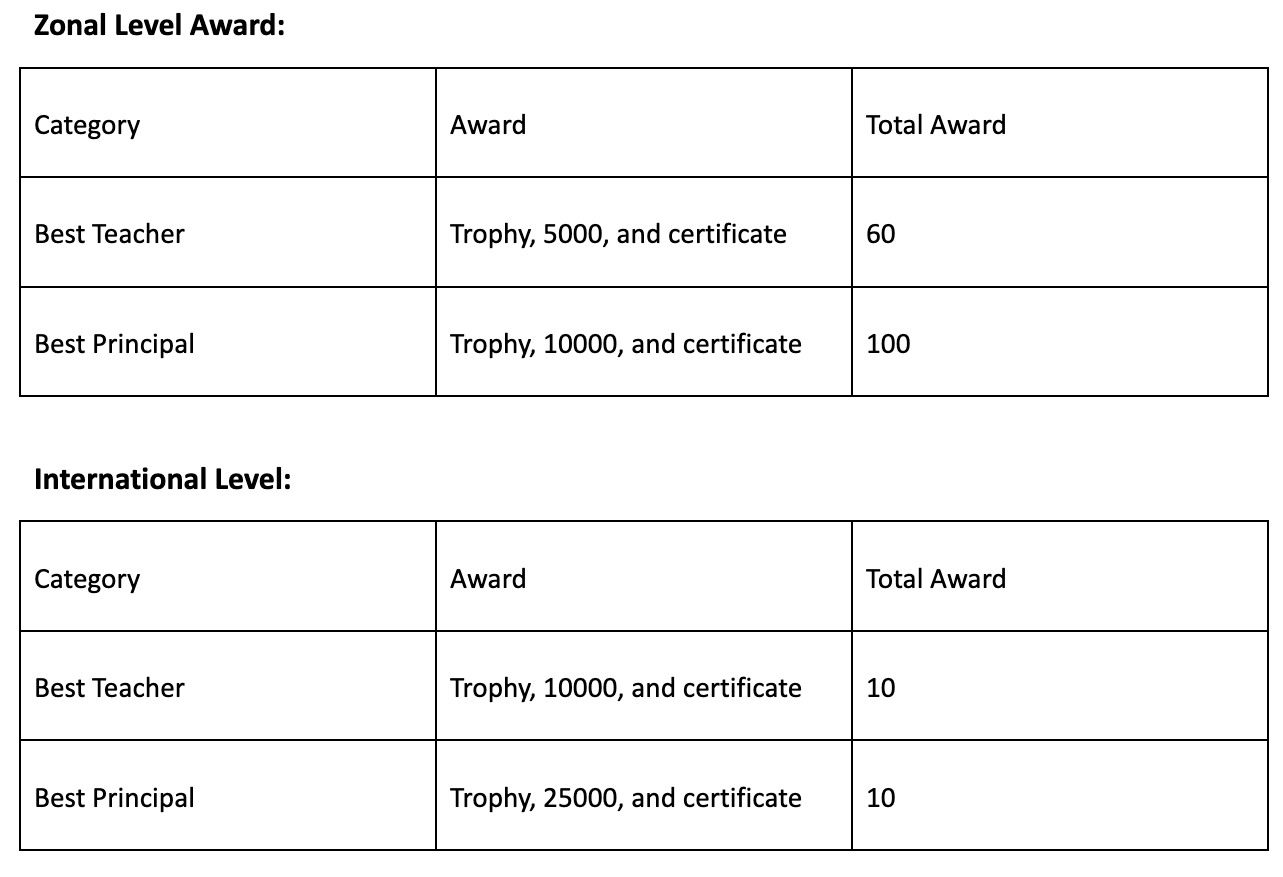- Details
The International Mathematical Olympiad (IMO) is an annual competition organized in different countries where students can put their problem-solving and creative analytical talents to the test. IMO exams cover a wide range of topics, including algebra and pre-calculus mathematics, which are not covered in a standard academic program. The IMO exams cover a wide range of topics, including complex geometry, functional puzzles, and pattern analysis. The IMO Prior Year Papers for Class 7 are organized by previous year papers and cover questions that appeared in IMO exams between 2011 and 2012. Logical Reasoning, Mathematical Reasoning, and Everyday Mathematics are all included in the previous year's Math Olympiad for the Class 7 question exam. Students will gain the abilities needed to solve difficult-to-solve problems and ace standard classroom topics by thoroughly comprehending any of the following IMO Class 7 Previous Year Question Paper.
Syllabus for class 7 book:


IMO –Selection Process
Eligible students should contact their schools to apply for IMO. Following the processes below, students can apply through their schools:
- The prospectus with the registration forms will be mailed to all SOF-registered schools.
- As a result, they must first be registered with the SOF by the schools. The IMO registration forms can then be obtained from the students' schools.
- If the school has not yet registered with SOF, the prospectus can be requested by contacting SOF.
- SOF can be reached by phone (0124-4951200) or email ([email protected]) By schools.
- Interested applicants should next complete and submit the IMO registration forms to their schools with all pertinent information.
- After that, the schools must send the completed registration forms to SOF by the deadline.
- In addition, there is a registration fee that applicants must pay. The fee structure for schools in India is INR 125 (including GST) per student and even students need to pay a charge of an extra 25 INR in order to cover In-Charge honoraria or remuneration to teachers, as well as other miscellaneous costs.
Exam Levels
LEVEL-1
Level 1 exam is taken by students in grades 1 through 12. There are no minimum marks requirements, making the Olympiad accessible to a vast number of kids. The following are the primary characteristics of the IMO's Level 1 exam:
- The Level 1 exam takes place during class time. It only takes place at the schools where the kids are enrolled.
- The exam lasts 60 minutes and is conducted entirely in English.
- In the exam paper, there are objective questions. Students in grades 1 through 4 must answer 35 questions, while students in grades 5 through 12 must answer 50 questions.
- Logical Reasoning (Section 1), Mathematical Reasoning (Section 2), and Verbal Reasoning (Section 3) are the four sections of the IMO question paper (Section 2).
- Everyday Mathematics (Section 3) and Achievers Section each part has its weighting, which is helpful in the event of a tie in the grades. A different question paper is given to each class. When creating exam papers, the CBSE, ICSE/ISC, and State Board syllabi are used.
LEVEL-2
Students who excel in the Level 1 exam may be eligible to take the Level 2 exam. Only students in classes 3 to 12 are entitled to take the Level 2 exam, while pupils in classes 1 and 2 are evaluated only on their achievement in the Level 1 exam. For the Level 2 exam, the following students have been chosen:
- Candidates that appear in the Level 1 test in the top 5% of their classes
- In terms of Class and Zone, the top 25 people in Level 1
- When at least 10 students from a class take the exam and receive 50% qualifying marks, the class topper will be eligible for Level 2.
Awards for School
Various awards are given to the best-performing schools. The tables below detail the numerous awards are given to schools competing in the Olympiad.

Importance of IMO
With post-secondary competition becoming fiercer, it is more important than ever for students to be emotionally and mentally prepared to face the challenges that await them. Olympiads can be extremely beneficial in this process. These Olympiads, which are held for children in grades 1 through 12, assess a student's ability as well as topic knowledge. Olympiads are vital for a student's development, despite their difficulty. Here's why:
- Testing your concepts:
Olympiads are notable for giving questions that assess a student's conceptual knowledge of a subject. Apart from the fundamental principles, it forces children to apply their logical reasoning skills, which are not tested in school. It puts a student's problem-solving skills to the test and forces them to think critically.
- Bettering your performance:
Olympiads develop students' skills, although school curricula focus on the material and are not sufficiently challenging in their approach. A student's ability to absorb information taught in school improves as he or she becomes more rational and uses reasoning. This certainly has a significant impact on their grades and performance. And, to be honest, there are no disadvantages to taking an Olympiad exam. Olympiads are nothing more than stepping stones to success and another hurdle in a student's career. You cal also refer to IMO Class 7 2012 Question Paper.
